Life
-
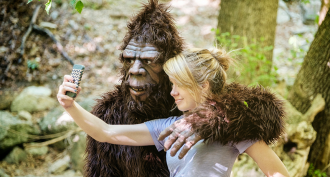 Animals
AnimalsHave we found bigfoot? Not yeti
Believe in bigfoot or sasquatch? The scientific evidence says bears are to blame for traces of yeti and abominable snowmen. But it’s ok to keep searching.
-
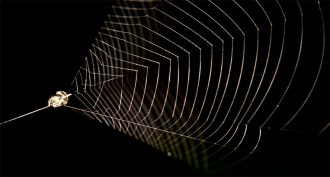 Animals
AnimalsThis spider slingshots itself at extreme speeds to catch prey
By winding up its web like a slingshot, this spider achieves an acceleration rate far faster than a cheetah’s.
-
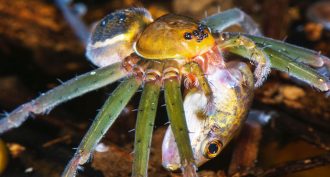 Animals
AnimalsSpiders’ weird meals show how topsy-turvy Amazon food webs can be
Rare sightings of invertebrates eating small vertebrates upend some assumptions about who eats who in the Amazon rainforest’s complex ecosystem.
By Jeremy Rehm -
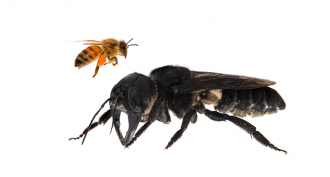 Animals
AnimalsThe world’s largest bee was lost, but now it’s found
Wallace’s giant bee hadn’t been spotted in the wild in almost 40 years. Now, scientists have found it again.
By Jeremy Rehm -
 Animals
AnimalsHow these maggots efficiently demolish a pizza
Mobs of black soldier fly larvae create a living fountain that lifts slowpoke noneaters out of the way.
By Susan Milius -
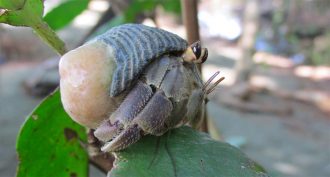 Animals
AnimalsHermit crabs are drawn to the smell of their dead
A new study finds that the smell of hermit-crab flesh attracts other hermit crabs desperately looking for a larger home.
By Yao-Hua Law -
 Environment
EnvironmentLife on Earth is mostly green
A new survey of life on Earth finds that plants and microbes dominate. But even though humans are in the minority, they still play a major role.
-
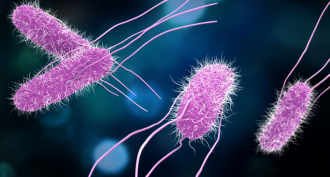 Life
LifeExplainer: Prokaryotes and Eukaryotes
Prokaryotes tend to be small and simple, while eukaryotes have embraced a highly organized lifestyle. These divergent approaches to life have both proved very successful.
-
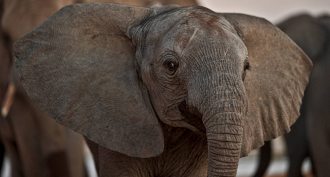 Animals
AnimalsCould an elephant ever fly?
Dumbo is known as the only elephant to take flight. He’s not real. But could he be?
-
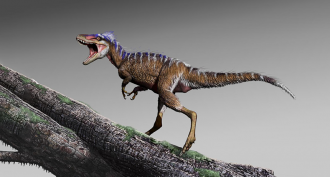 Fossils
FossilsMini tyrannosaur fills big evolutionary gap
A newfound dinosaur named “omen of doom” fills a gap in tyrannosaur evolution. It helps to narrow when the group sized up.
By Jeremy Rehm -
 Psychology
PsychologyWhat part of us knows right from wrong?
Our conscience may have evolved from our need to cooperate. Scientists are learning where the brain’s moral centers are, and how they make us human.
-
 Health & Medicine
Health & MedicineFevers can have some cool benefits
Fever boosts the immune system by zipping germ-busting cells to the site of an infection, new data show.